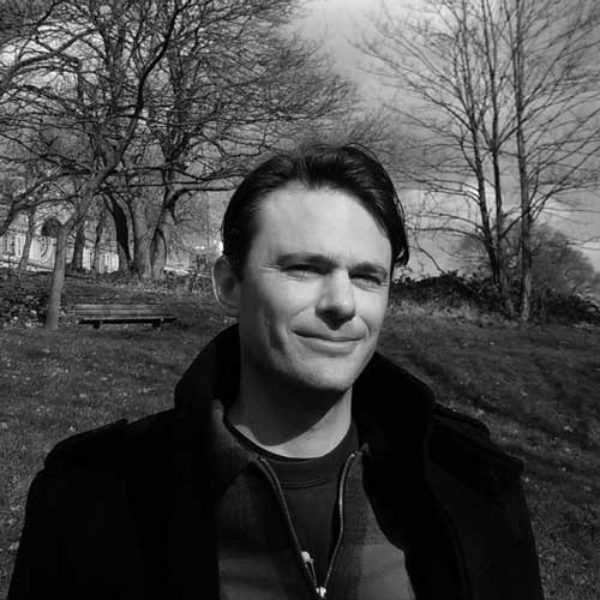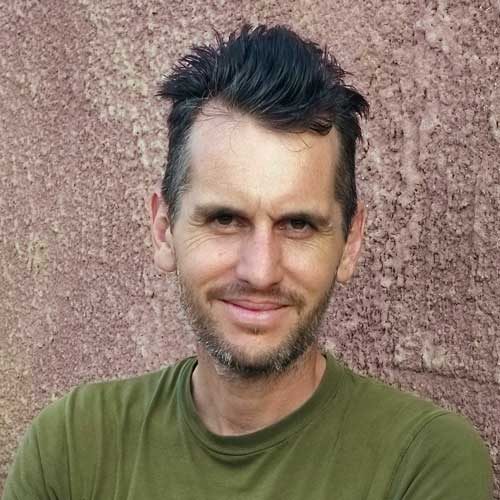In this talk Vidyamala discusses how most of us hold the breath whenever we are in pain or other difficult states. She leads a ‘whole body’ breathing meditation followed by input on how to rest in the flow of the breath as a way to learn to rest in the flow of life and let go of the resistance that causes so much extra suffering.
With Vidyamala Burch recorded on April 16, 2017.
Found our teachings useful? Help us continue our work and support your teachers with a donation. Here’s how.
Discover more from the Dharma Library
-

The Spectrum of Sensuality – Where do I stand?
Recorded :
October 13, 2024 The extremes of addiction to sense pleasure and addiction to self-mortification are not the path to happiness. The spectrum of human sensuality spans from pleasure to pain, pleasant to unpleasant, from hedonic excesses to self-harm, encompassing a vast range that is likely different for everyone. What is considered the Middle Way for a monastic might…
-

Daily Meditation Recordings, with Martin Aylward – Week of Nov 28 – Dec 2, 2022
Daily meditations with Martin Aylward.
-

Death and the dance of self.
Recorded :
November 8, 2015 The Buddhadharma is bursting with ways to find helpful perspectives on our troubles. With awareness and investigation we can unpack the nub of clinging which keeps us bound to old and unhelpful ways of seeing ourselves and the world. As we learn to work with self-centred clinging, we make ourselves available to a liberated perspective…
-

Daily Meditation Recordings, with Ulla Koenig – Week of January 17, 2022
This week’s theme is: Embracing Anger.
How do you deal with your feelings of anger?
Is it okay to be angry at times or do we need to get rid of it once and for all?
Meeting our anger can be a challenge, as it comes with a driving energy and tends to evoke reactions of blame, fear or delight within us. The Buddha encouraged us to familiarize ourselves with all expressions of the heart-mind but equally warned about the destructive forces of ill-will. Let us look deeply into the nature of anger and learn ways to channel it in skilful and liberating ways.
-

Daily Meditation Recordings, with Zohar Lavie – Week of 20 January, 2025
We’re grateful to have Zohar Lavie guiding our Daily Meditation sessions this week. May they support and enrich your practice.
This week’s theme is: The Power of Refuge: Dharma for our Times
Refuge is a practice of intimacy. Coming closer to the present moment experience, we open to it as a gateway to wisdom and compassion.
During this week we will explore the breadth and depth of refuge practice; from taking refuge in the teachings as a place of rejuvenation and rest, to transforming suffering and its causes for all beingsOur Dharma Library thrives through collective generosity. Your donation helps sustain this offering for our entire community.
-

A Practical Approach to Understanding Right Effort
Recorded :
July 22, 2018 All schools of Buddhism acknowledge that if we are to “awaken” in this lifetime, our aim is to cultivate and develop the eight-fold path. This path consists of behavioral (sila), meditative (samadhi) and philosophical (panna) dimensions. When skillfully interwoven, this system of training directs us towards a liberation-based lifestyle by embracing the limitations and the…
-

Embodied Intentionality
Recorded :
July 15, 2018 This session is an exploration of the ‘truths’ that might lead to conviction, to directed karma, to mindfulness as remembering-to-remember, and to the path to joy & beyond.
-

Daily Meditation Recordings, with Nathan Glyde – Week of Oct 25, 2021
This week’s theme is Making Sense of Self.
Although the Buddha encourages us to not indulgently ponder whether the self is real or not, he did offer us a way to explore how the sense of self appears. This methodology, called the khandhas (aggregates: the heap of heaps), exposes all aspects we gather together to create and hold to our sense of self: form (body); vedanā (subtle preference); perception; saṅkhāra (mental formations – like intention, attention…); and consciousness (knowing).







Discussion